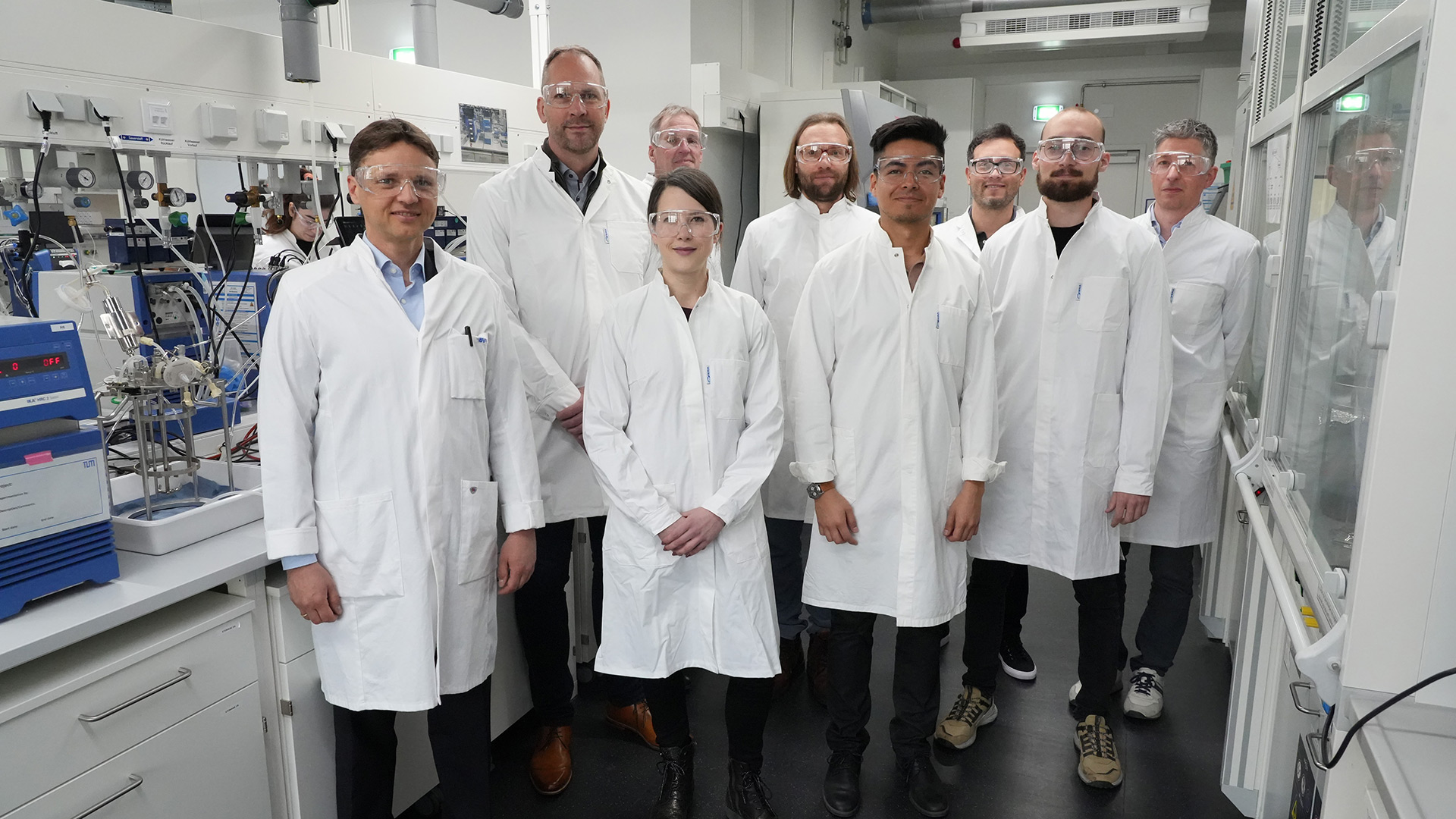In bioprocesses, researchers generally use living cells or their components such as bacteria or enzymes to obtain a product; they are used in waste management, the food and chemical industries and in pharmaceuticals, among others. In the development of such processes, scientists use lengthy offline measurement techniques that differ between fermentation and purification. This is where the new "RaSenT Bio" project comes in: The project partners want to make the majority of these time-consuming activities obsolete in future by using Raman spectrometry, an online measurement technique with a high information content that can measure many relevant concentrations with high temporal resolution, in addition to existing online variables such as temperature, pH value or pressure.
The application of Raman spectroscopy in bioprocess technology is still exotic - also because there is hardly any routine instrumentation for this optical measurement technology and data evaluation is complex. By developing a new Raman device with automated spectrum evaluation specifically for biotechnological processes, the project participants hope to overcome these disadvantages without limiting the currently outstanding resolution of Raman spectroscopy.
Raman measurement technology as a standard tool
"Experts from academia and industry are working together in the project, which begins in early April, to enable the rapid development of entire bioprocesses using a high-resolution measurement technique, Raman spectroscopy," says Prof. Dr.-Ing. Michael Zavrel from the Straubing Campus for Biotechnology and Sustainability at the Technical University of Munich (TUM), whose Professorship of Bioprocess Engineering is leading the project. "RaSenT Bio" is intended to provide essential findings to make Raman technology an established standard tool in bioprocess development.
Several project partners are working closely together on "RaSenT Bio", contributing expertise from various specialist disciplines: TUM is providing scientific support for the project with the Professorship of Bioprocess Engineering and the Chair of Analytical Chemistry and Water Chemistry. Soliton Laser- und Messtechnik GmbH and Insempra GmbH are involved from industry, while the leading international technology group Schott AG acts as an associated partner. The first "RaSenT Bio" project meeting took place on Wednesday at the TUM Campus Straubing.
Creation of new jobs possible
"Our aim is to generate new users for Raman spectrometer manufacturers and to significantly shorten the time it takes for biotechnology companies to bring products to market. We want to create new jobs, especially in Bavaria, where these developments will originate," says project leader Prof. Dr. Zavrel from the TUM Campus Straubing.
The Bavarian Research Foundation is supporting the three-year project entitled "Innovative Raman sensor technology for the accelerated development of bioprocesses" with almost one million euros.
